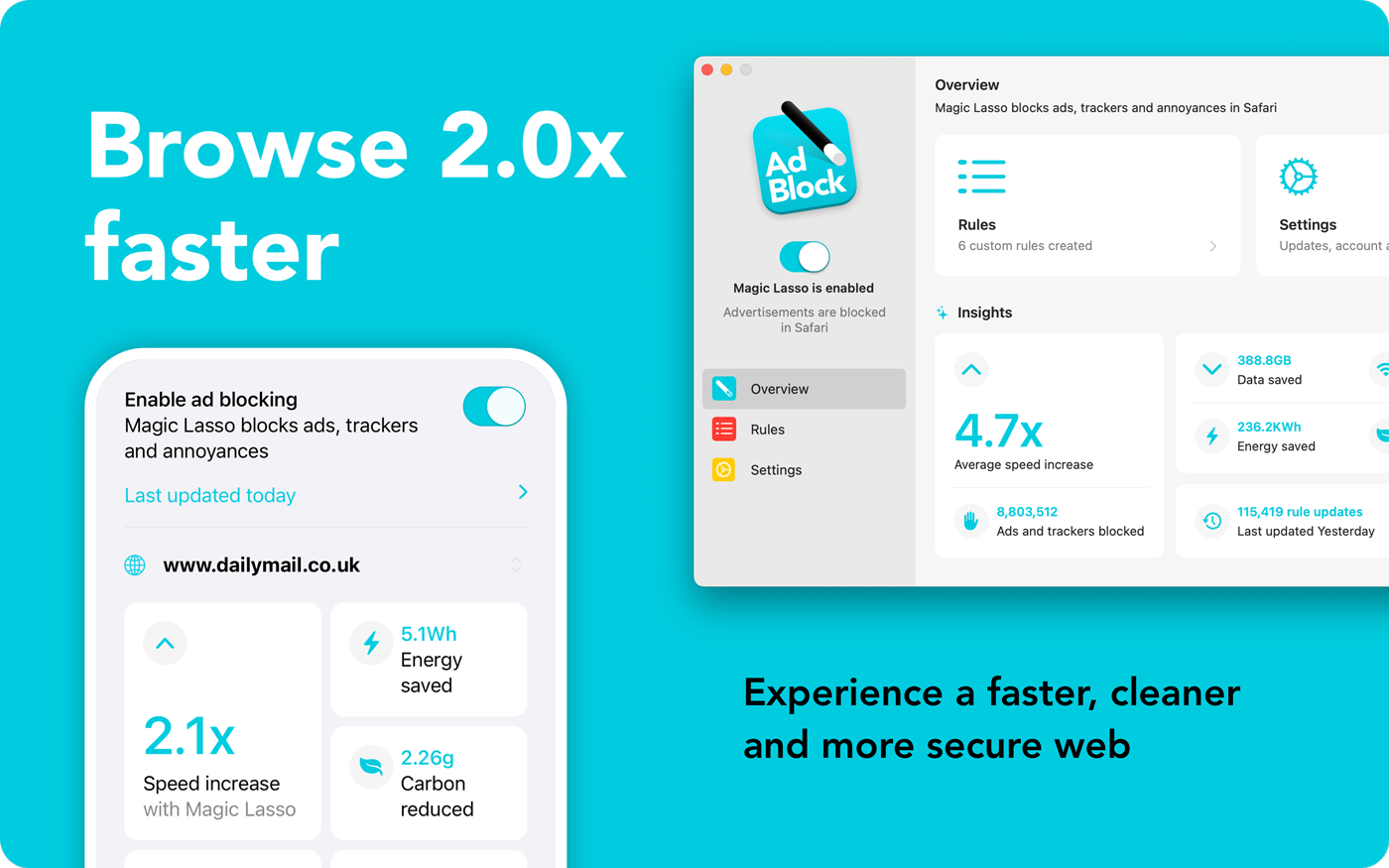Uber CEO Dara Khosrowshahi was on the Verge’s “Decoder” podcast with Nilay Patel, and was asked about Route Share:
I read this press release announcing Route Share, and I had this very mid-2010s reaction, which was what if Uber just invented a bus. Did you just invent a bus?
I think to some extent it’s inspired by the bus. If you step back a little bit, a part of us looking to expand and grow is about making Uber more affordable to more people. I think one of the things that makes tech companies different from most companies out there is that our goal is to lower prices. If we lower the price, then we can extend the audience.
There is more to Khosrowshahi’s answer, but I am going to interject with three objections. First, the idea that Route Share is “inspired” “to some extent” by a bus is patently ridiculous — it is a vehicle with multiple passengers who embark and disembark at fixed points along a fixed route. It is a bus. A bad one, but a bus.
Second, tech companies are not the only kinds of companies that want to lower prices. Basically every consumer business is routinely marketed on lowering prices and saving customers money. This is the whole entire concept of big box stores like Costco and Walmart. Whether they are actually saving people money is a whole different point.
Which brings me to my third objection, which is that Uber has been raising prices, not reducing them. In the past year, according to a Gridwise report, Uber’s fares increased by 7.2% in the United States, even though driver pay fell 3.4%. Uber has been steadily increasing its average fare since 2018, probably to set the groundwork for its 2019 initial public offering.
Patel does not raise any similar objections.
Anyway, back to Khosrowshahi:
There are two ways of lowering price as it relates to Route Share. One is you get more than one person to share a car because cars cost money, drivers’ time costs money, etc., or you reduce the size or price of the vehicle. And we’re doing that actively. For example, with two-wheelers and three-wheelers in a lot of countries. We’ve been going after this shared concept, which is a bus, for many, many years. We started with UberX Share, for example, which is on-demand sharing.
But this concept takes it to the next level. If you schedule and create consistency among routes, then I think we can up the matching quotient, so to speak, and then essentially pass the savings on to the consumer. So, call it a next-gen bus, but the goal is just to reduce prices to the consumer and then help with congestion and the environment. That’s all good as well.
Given the premise of “you get more than one person to share a car because cars cost money”, you might think Khosrowshahi would discuss the advantageous economics of increasing vehicle capacity. Instead, he cleverly pivots to smaller vehicles, despite Khosrowshahi and Patel discussing earlier how often their Uber ride occurs in a Toyota Highlander — a “mid-size” but still large SUV. This is an obviously inefficient way of moving one driver and one passenger around a city.
We just need better public transit. We should have an adequate supply of taxis, yes, but it is vastly better for everyone if we improve our existing infrastructure of trains and buses. Part of the magic of living in a city is the viability of shared public services like these.
